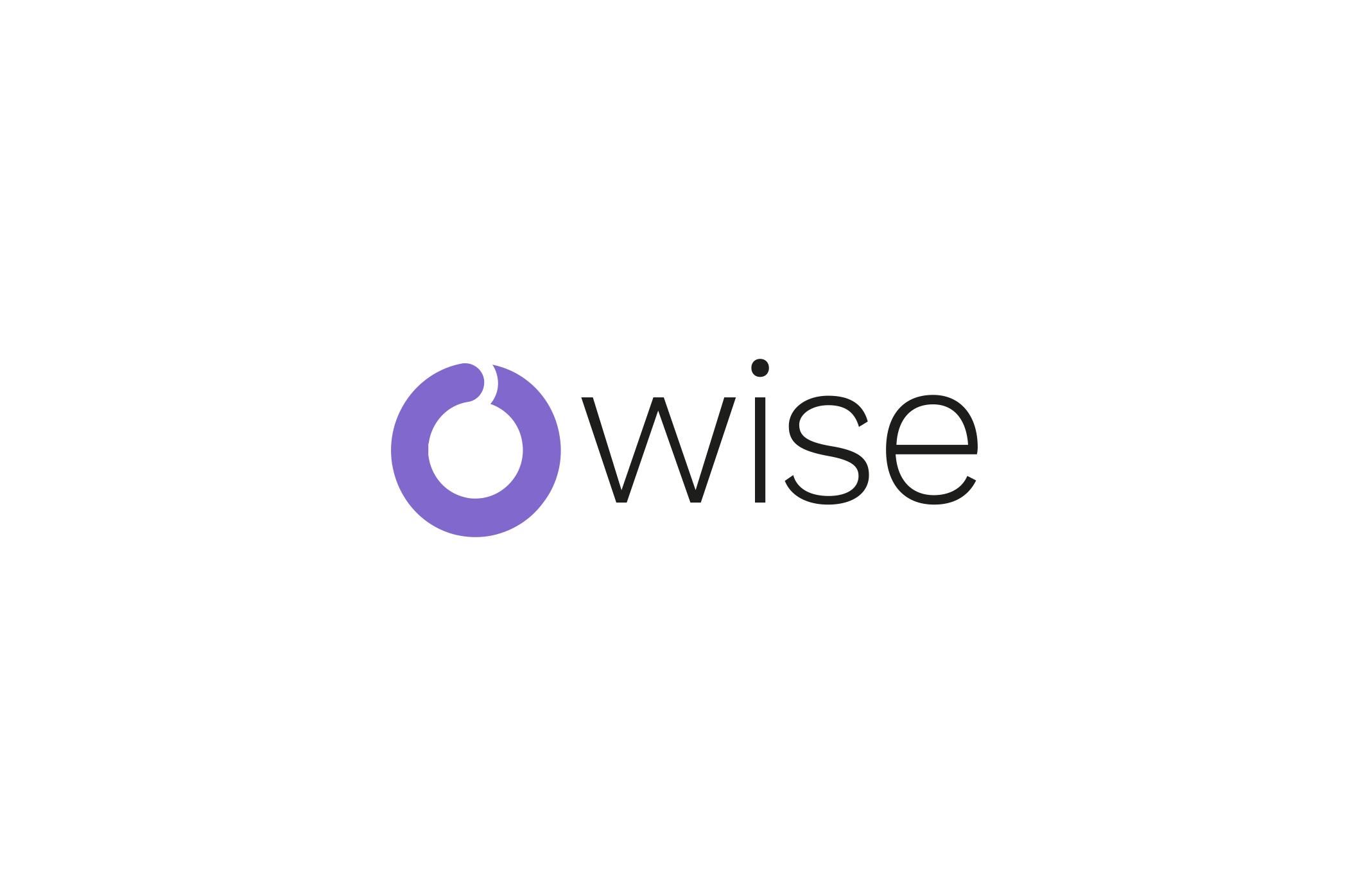2017 Annual British Oncology Pharmacy Association Symposium
Abstract: It has been documented that PROMs can improve the quality of life (QoL) for patients receiving chemotherapy and reduces admissions for chemotherapy-related toxicity management.OWise in an app developed to help breast cancer patients monitor their symptoms and feelings during treatment as well as incorporating a diary function. Results are collated into graphs to show patients how they have been feeling physically and mentally over a set time period.
Objectives: How valuable was the Owise app for patients and for the breast cancer service at UCLH? To assess patient satisfaction with the app. To assess if patients thought the app helped their management of toxicities
Methods: Over four months breast cancer patients receiving chemotherapy at UCLH were given information leaflets about the Owise app that explained what the app was, how to download and use it. Patients were supplied with a code to input to identifying them as UCLH patients for this research. Patients were asked to use the app for one month then invited to complete an online questionnaire through the Qualtrics website which used the Likert Scale to rate patients’ satisfaction. Anonymised data were extracted to understand whether the real-world data could enable improvements in the service that would result in less suffered toxicity for patients.
Results: Out of 20 patients recruited 100% found value in the app, rating it 10/10; 75% would recom- mend it to other patients. When asked if patients believed the app helped the management of chemo- therapy or disease-related toxicities 75% scored ‘strongly believed’, the remaining 25% scoring ‘nei- ther agreed nor disagreed’. No patients routinely used the app during clinician consultations. Although this project did not provide clinical data, that patients were accepting of the app is a positive step forward in improving how we can manage patients’ toxicities and enable patients to take a greater role in their care.
Conclusion: The Owise app was extremely well received by all patients in this study, the majority of whom believed it benefited their treatment.
